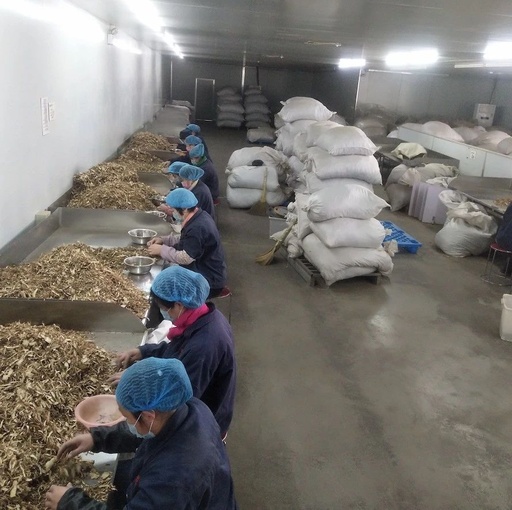
Phoenix Traditional Medicine: A media platform focusing on TCM news for the global Chinese community!
Source丨China Medical News Author: Zhang Hai, Jiangsu Provincial Drug Administration Editor:Du Du Business and Submission WeChat: FHzhongyi
Synchronization丨Content published simultaneously on Phoenix Traditional Medicine: Video account, Weibo account, Toutiao account. Please follow!
Case Background
In June 2020, during a routine inspection by the Market Supervision Administration of a certain county, 10 kilograms of powdered traditional Chinese medicine (TCM) and 5 kilograms of TCM pills were found in the pharmacy’s dispensing room (consultation room), packaged in plastic bags with the names of different customers and the names of the herbs or decoction pieces written on them. On-site, a grinder, a pill-making machine, a vacuum sealing machine, and some edible starch were seized. Law enforcement officers also reviewed the pharmacy’s drug purchase records, sales records, and some prescriptions, finding that the records were complete and there were no violations. The pharmacy’s drug business license indicated that its business scope included prescription drugs, over-the-counter drugs, TCM decoction pieces, and proprietary Chinese medicines, but it did not have a drug production license, a medical institution preparation license, a preparation registration certificate, or a record certificate from the drug administration department. The pharmacy had a dispensing room and a consultation room in the same space, and the resident TCM physician, Li, held a TCM (specialty) physician practice certificate, but the consultation room did not have registration or record certificates from relevant departments, nor was there a record of the preparation of TCM decoction pieces filed with the drug administration department.
Law enforcement officers learned that the pharmacy dispensed herbs or decoction pieces based on prescriptions provided by patients (customers) or prescriptions issued by the resident physician. Some patients (customers) requested that the herbs or decoction pieces be processed into pills for convenience in carrying and taking. The pharmacy followed the principle of “one person, one prescription,” using a grinder to crush the herbs or decoction pieces into powder, adding a small amount of water and starch, and using the pill-making machine to produce pills, which were then packaged and sold to patients (customers), with an additional processing fee of 5 to 20 yuan.
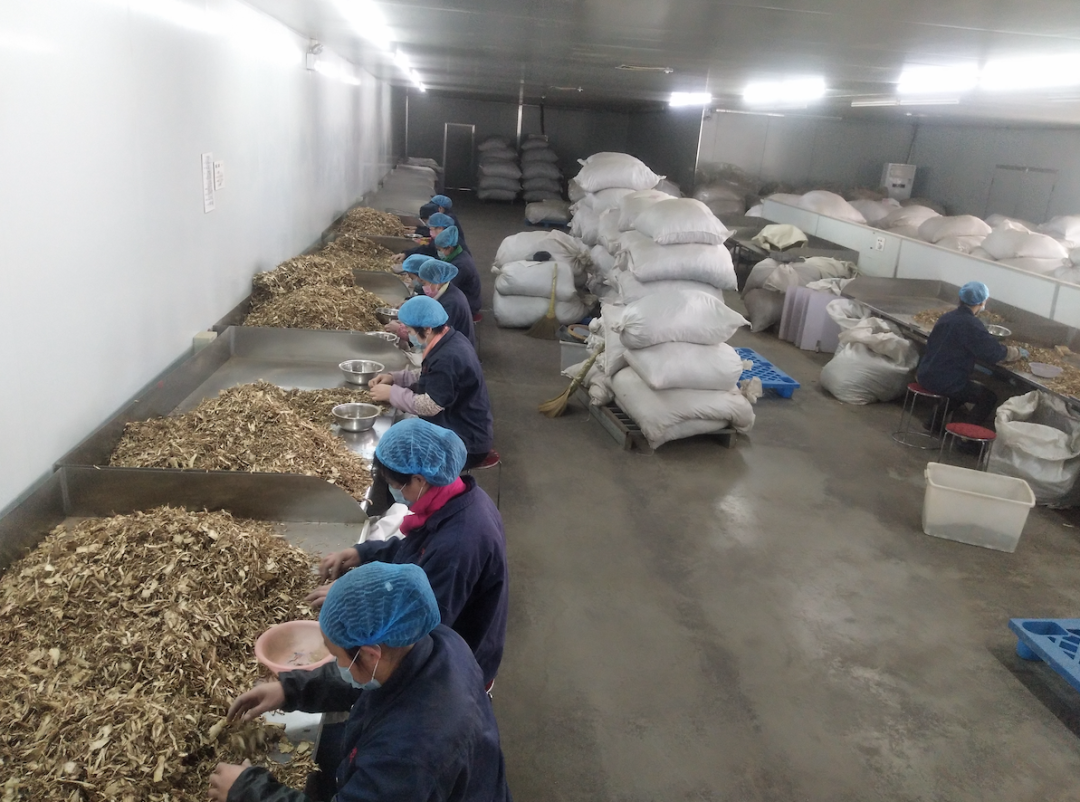
Disputes
Due to the lack of clear regulations in relevant laws and regulations regarding whether the actions of grinding and pill-making of TCM should be classified as preparation or processing services, there was significant controversy among the case handling agency regarding how to classify and punish this case.
The first opinion holds that the parties involved used TCM materials and decoction pieces as raw materials to produce TCM pills and powders based on prescriptions, which constitutes drug production behavior. According to Article 41, Paragraph 1 of the Drug Administration Law, without a drug production license, drug production is prohibited. The parties involved are drug operating enterprises that do not possess a drug production license and lack the qualifications for drug production, and their behavior of producing and processing drugs should be classified and punished according to Article 115 of the Drug Administration Law.
The second opinion argues that the parties involved grinding herbs and making pills falls under the processing of TCM decoction pieces. The processing of TCM decoction pieces is a pharmaceutical behavior that requires a production license for drug production enterprises and medical institutions. However, according to the “Development Plan for Traditional Chinese Medicine Health Services (2015-2020),” which allows drug operating enterprises to establish TCM consultation clinics, the parties can carry out on-site processing according to the prescriptions of the pharmacy’s resident physician and process the herbs or decoction pieces under the guidance of the licensed pharmacist, making their actions legal and compliant.
The third opinion states that after purchasing herbs or decoction pieces, the pharmacy should, at the request of the patient (customer), grind or process the purchased TCM materials or decoction pieces into pills based on the self-provided prescription or a prescription issued by the pharmacy’s resident physician. It was confirmed that no other excipients were added except for the starch used for shaping, and the principle of “one person, one prescription” was strictly followed. This behavior of the pharmacy essentially constitutes a sales extension service of TCM decoction and processing, which is legal and compliant.
Analysis
The focus of the dispute in this case is how to classify the processing and production behavior of TCM materials and decoction pieces.
The behavior of the pharmacy involved is different from the initial processing of TCM materials. Initial processing mainly refers to the grading, cleaning, cutting, and drying actions performed by the growers at the production site. So, does it fall under the processing of decoction pieces? According to the definition of the four preparation principles in the 2020 edition of the “Pharmacopoeia of the People’s Republic of China” (hereinafter referred to as “Chinese Pharmacopoeia”), TCM processing is a unique pharmaceutical technology that is carried out according to TCM theory, based on the properties of the herbs themselves, as well as the needs of dispensing, preparation, and clinical application. After cleaning, cutting, or processing by methods such as roasting, they are referred to as decoction pieces; herbs must be cleaned before they can be cut or processed. The grinding and pill-making actions of the pharmacy in this case involve both cleaning methods such as cutting and grinding, and may also involve cutting methods such as pounding, grinding, filing, and crushing, as well as water-based methods such as crushing and grinding with water. In this sense, the grinding and pill-making of TCM can be considered as processing methods.
Does the pharmacy’s behavior also constitute drug production? A preparation refers to a drug made according to certain dosage form requirements for the treatment or prevention of diseases, which can ultimately be provided for use by the patient. For TCM, preparations generally refer specifically to proprietary Chinese medicines, including both formula preparations and single ingredient preparations. The Chinese Pharmacopoeia defines pills as “spherical or quasi-spherical solid preparations made from raw medicinal substances and suitable excipients.” For TCM pills, whether they are honey pills, water pills, wax pills, or sugar pills, they all require honey or sugar as a binding agent. However, the pharmacy in this case did not add the excipients specified in the preparation principles, but used starch as a diluent, which is similar to the traditional pill-making technology of TCM decoction, differing from the production of proprietary Chinese medicine preparations.
Determining whether the grinding and pill-making of TCM materials and decoction pieces constitutes drug production in the sense of preparations cannot be simply classified by the method of production, but should be comprehensively judged based on the definitions of drugs and the connotations of drug production in the Drug Administration Law, combined with the responsibilities and purposes of the parties involved.
The parties involved in this case are drug operating enterprises with qualifications for operating TCM materials and decoction pieces, and they also have a resident TCM physician. According to the “Traditional Chinese Medicine Law” and relevant regulations, they can carry out on-site processing of TCM decoction pieces during the dispensing of TCM, and can also reprocess TCM decoction pieces according to clinical medication needs. For decoction pieces that are not available in the market, they can process and use them according to prescription needs, but they must file with the local drug administration department. According to the “Opinions on Strengthening the Management of TCM Preparations in Medical Institutions” (hereinafter referred to as “Opinions”) Article 3, Paragraph 4, “The following situations are not included in the management scope of TCM preparations in medical institutions: 1. Grinding TCM into fine powder, and when used, mixing with water, wine, vinegar, honey, sesame oil, and other traditional TCM bases for external use, prepared and used by medical staff in medical institutions. 2. Fresh herbs juicing. 3. Processing products made from TCM traditional crafts according to physician prescriptions (one person, one prescription) at the request of patients.” The parties involved in this case processed TCM materials and decoction pieces into powders and pills for the convenience of patients (customers) in carrying and taking, without the intent to produce drugs. The processed products are essentially still the original herbs and decoction pieces, without mixing multiple flavors into a formula, and do not fall under the category of TCM preparations in the sense of drug production.
Therefore, the first opinion that the parties involved processing TCM materials and decoction pieces into pills and powders constitutes drug production behavior lacks legal and factual basis. The second opinion that the parties’ actions fall under the processing of TCM decoction pieces seems correct at first glance, but further analysis does not align with reality. According to Article 28, Paragraph 1 of the “Traditional Chinese Medicine Law,” the decoction pieces processed by resident TCM physicians should be those not available in the market, and they should be filed with the drug administration department. However, the decoction pieces involved in this case are already available in the market, and the processed decoction pieces did not change the basic attributes of the original decoction pieces, such as name, composition, function, and indications. Therefore, the parties’ actions should be classified as reprocessing of TCM decoction pieces as stipulated in the second paragraph of that article. The third opinion that the parties’ actions constitute a processing service for TCM materials and decoction pieces is accurate. The grinding and pill-making actions of the parties involved only changed the appearance of the herbs and decoction pieces, while the characteristics are not the main factors determining the nature and efficacy of TCM materials and decoction pieces. The Chinese Pharmacopoeia’s standards for the identification of medicinal materials and decoction pieces state that if the test samples have been crushed or ground, except for the items of “characteristics” and “microscopic identification” which may not be completely identical, all other items should meet the requirements. This means that if the TCM materials and decoction pieces only have their “characteristics” changed, while all other items remain unchanged, they essentially still belong to the original TCM materials and decoction pieces.
In summary, I generally agree with the third opinion. The parties involved provided processing services for patients (customers) regarding TCM materials and decoction pieces. Although their actions are not illegal, they do not comply with the relevant regulations of drug business management. Additionally, the TCM medical services provided by the pharmacy are also not standardized, as the consultation room and dispensing room should be set up separately. It is recommended that the drug administration and TCM management departments strengthen daily supervision of pharmacies to standardize drug business and medical service behaviors.
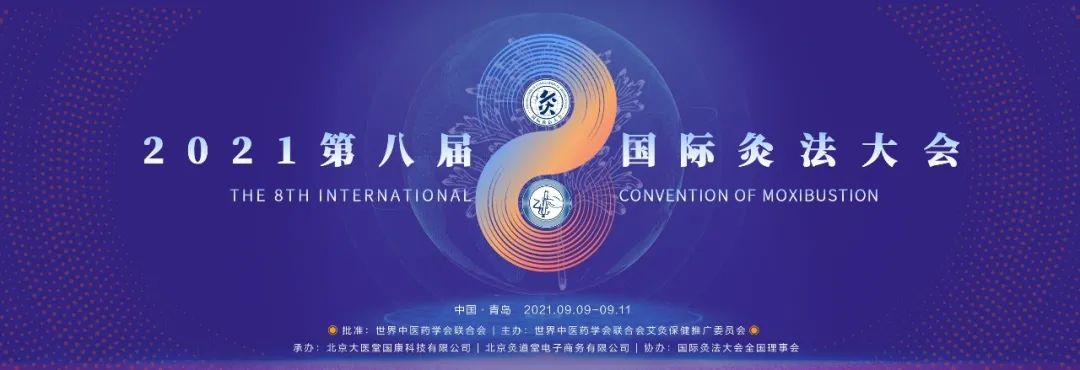

Click here to enter the Phoenix Traditional Medicine Bookstore, more great books await your selection
Further Reading
· Attention Pharmacies! These 110 types of TCM decoction pieces cannot be sold without a prescription· Let the kitchen replace the pharmacy: The miraculous Sichuan pepper, specifically treating wealth-related diseases!· The State Council cancels the approval for pharmacies to open, implementing a notification and commitment system! Is it a spring for the industry or intensified competition?
Let Traditional Chinese Medicine serve the whole society

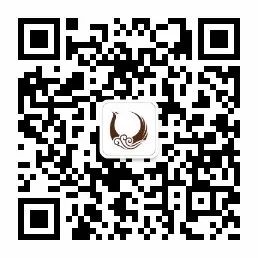
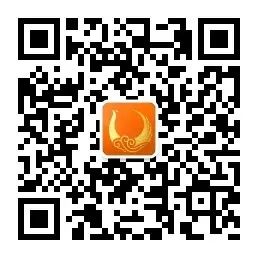
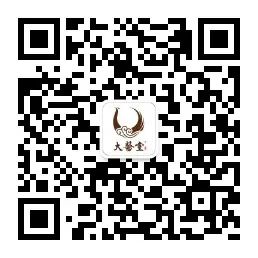

↙ Read the original text to learn about Phoenix丨For comments, please click Like Read ↘

